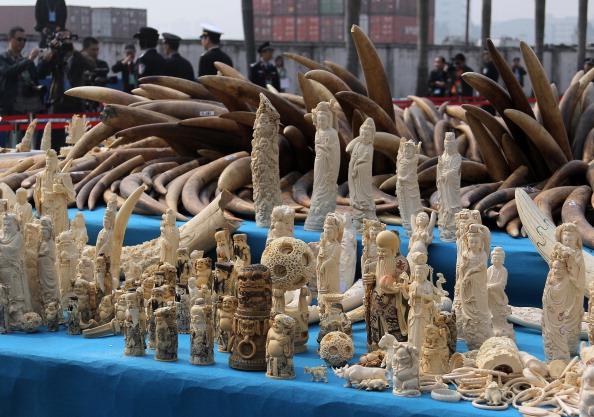In northern China, customs officials seized wild animal parts worth millions of dollars, in one of the largest smuggling cases in years.
According to a July 18 report by state-run news site China News, Chinese customs officials who were stationed at the Hulin Control Point—a land cargo port that borders Russia in Hulin City, Heilongjiang Province—stopped a Russian-style truck on April 26.





